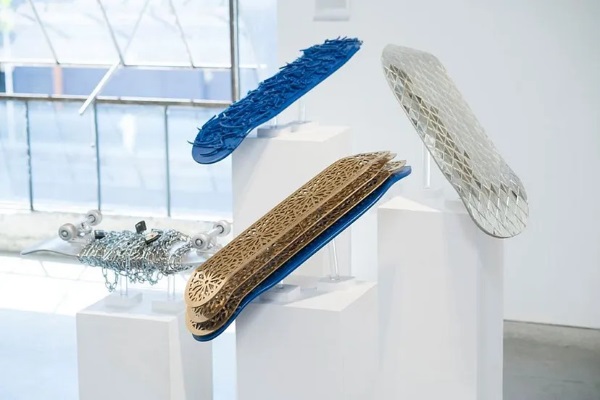Short Story: Yaqoot
DOI:
https://doi.org/10.31273/fd.n7.2023.1513Abstract
Yaqoot, the narrator, recalls the story of her life when in her youth she gave up her love for Rahim, a young mujahid because her father wanted to marry her off to the son of a communist friend of his. During the civil war with the Taliban, she lost her husband. When we meet her in the story, Yaqoot has a son who is engaged to be married. On a hot summer day, Yaqoot accidentally runs into Rahim who has survived the civil strife. Rahim, too, has lost his wife. Together they go visit a shrine. Yaqoot gradually comes to honor her once abandoned and now rekindled love after the long hiatus and decides to marry Rahim. This time, Yaqoot’s son stands in the way. Her son can’t believe that his middle-aged mother is considering remarrying—a taboo in Afghan culture.
Downloads

Downloads
Published
Issue
Section
License
Copyright (c) 2024 Homeira Qaderi

This work is licensed under a Creative Commons Attribution-NonCommercial-ShareAlike 4.0 International License.
Authors who publish with this journal agree to the following terms:
- Authors retain copyright and grant the journal right of first publication with the work simultaneously licensed under a Creative Commons Attribution Non-Commercial Share Alike License that allows others to share the work with an acknowledgement of the work's authorship and initial publication in this journal, providing it is not used for commercial purposes and any derivative work is shared with the same license.
- Authors are able to enter into separate, additional contractual arrangements for the non-exclusive distribution of the journal's published version of the work (e.g., post it to an institutional repository or publish it in a book), with an acknowledgement of its initial publication in this journal.
- Authors are permitted and encouraged to post their work online (e.g., in institutional repositories or on their website) prior to and during the submission process, as it can lead to productive exchanges, as well as earlier and greater citation of published work (See The Effect of Open Access).
